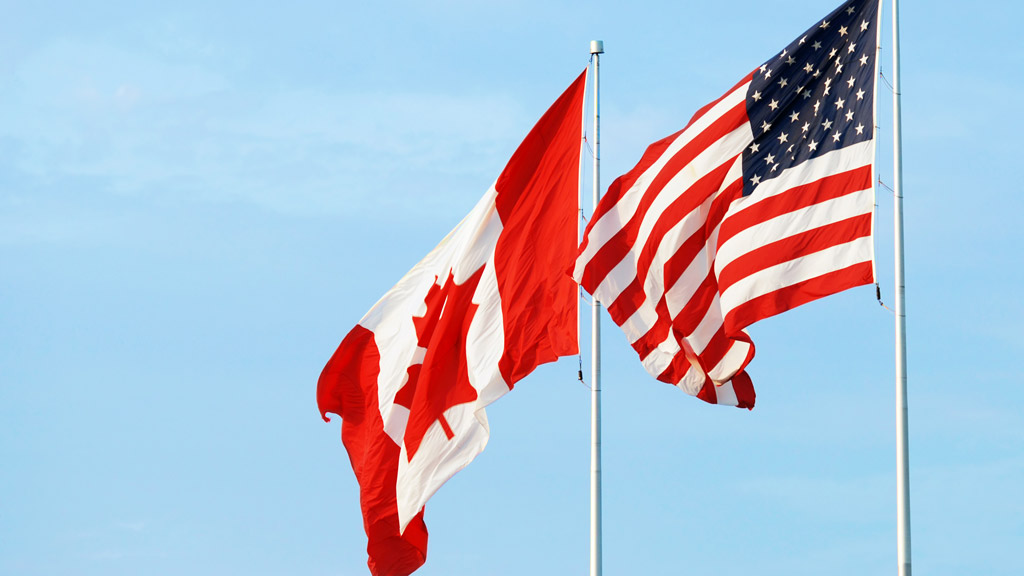OTTAWA — Officials in Ottawa and British Columbia have welcomed a ruling under the North American Free Trade Agreement, saying it found elements of the United States’ calculation of softwood lumber duties are inconsistent with that country’s own law.
A statement from Mary Ng, Canada’s minister of international trade, says the government is pleased that the NAFTA dispute panel agreed with its challenge of America’s so-called “dumping determination.”
Under the U.S. Tariff Act, the Department of Commerce determines whether goods are being sold at less than fair value or if they’re benefiting from subsidies provided from foreign governments.
Ng’s statement says the duties on Canadian softwood lumber are “unwarranted” and “the only fair outcome” is for the U.S. government to revoke them right away.
The statement says the NAFTA panel directed the Department of Commerce to review key aspects of its dumping determination.
B.C. Forests Minister Bruce Ralston issued a statement saying it’s “encouraging” to see the panel agree with the “extensive evidence” supporting Canada’s claims.
“Today, a NAFTA panel determined that the U.S. Department of Commerce erred in how it calculated important aspects of the anti-dumping duties applied to Canadian softwood lumber exports,” he says in the statement released recently.
“Time and again, neutral third-party reviews of the softwood lumber dispute have confirmed these duties are unjustified,” Ralston says.
The minister says U.S. duties are hurting people on both sides of the border, increasing material costs for Americans, and creating uncertainty for forestry professionals and communities in Canada.
Ng says Canada will “continue to advocate for Canadian softwood lumber workers and industry as we pursue other legal challenges of unjustifiable U.S. duties.”
The 60-page decision shows the NAFTA panel affirmed the U.S. Commerce Department’s decisions in five areas, but sent three back with a requirement for further explanation.
Those areas include commerce’s differential pricing methodology, its treatment of export taxes under the 2006 Softwood Lumber Agreement between Canada and the United States, and its decision on startup adjustments for a mill in northern Ontario operated by a Montreal-based company owned by Paper Excellence.
© 2023 The Canadian Press











Recent Comments